In July, August every year is the peak time sea turtles come ashore to lay eggs. Con Dao – Vung Tau, Viet Nam is home to the most turtles in Vietnam’s waters, and I was fortunate to be here for nearly half a month, witnessing hundreds of births of mother turtles and thousands of baby turtles. Open your eyes, and greet a new life in the vast ocean.
As one of the volunteers of the Con Dao Sea Turtle Conservation Program, I and 16 other young people from all over Vietnam set foot on Bay Canh Island – a small island in Con Dao – Vung Tau.
The first feeling about this place is “So fresh!”. Half a month of living in a place with no phone signal, no internet, electricity from solar energy, fresh water taken from a rainwater storage tank, and food and drink must wait for canoes to supply or find yourself in the forest, or garden. At home, I thought I wouldn’t be able to bear the boredom of leaving that city life.
However, the atmosphere is not smoky, the sea is clear blue, the sun is yellow, the sand is white, each wind carries the characteristic salty taste of sea salt, and especially the four-legged friends Green Turtle – the messenger of the sea. The ocean gave me the best time of my youth.
Mother turtles often choose the night, when the tide is highest, to come ashore to lay eggs
A working day for our volunteers usually starts at night, when the tide is high, and the mother turtles follow the current to come ashore, looking for a place to lay their eggs. Sitting waiting for the mother turtle to dig a nest, kicking the sand, looking around in the dark to warn the enemy, while breathing heavily, and then watching each warm turtle egg still sticky with slime falling from it. When the abdomen is opened, lying still in the hole can see how sacred life is.
Quickly, I and other volunteers counted the eggs, carefully picked them up, and brought them back to the artificial incubator to ensure the best conditions for the babies waiting to be born.
Every day, the moment I release the baby turtles to the sea is the time when I am happiest and happiest. Looking at the turtles chirping with strong fans with 4 legs, rushing into the sea, being beaten by the waves, and raising their tiny four legs to the sky, I feel peaceful and full of hope. Strangely, it seems that in their genes inherited from the depths of millions of years, they all crawl quickly with their tiny fins towards the sea.
In the brooding sand pit about 60-70cm deep, the newly hatched turtles – green turtles can “hear” the sound of the big waves, so when the water just rises, they seem to be just waiting to emerge to be born. It is said that baby turtles crawling into the sea by themselves will keep in their memory the sand they were born on. When they grow up, they will return to the same place to repeat their mother’s divinity.
In particular, there are also turtle mothers who come ashore in the morning. These are usually the mother turtles who have “settled” many times, due to obstacles such as humans, wild animals bothering them
The birthing process of a female tortoise can take up to four hours. The mother turtle has to spend a lot of effort to swim to the shore, dig a hole half a meter deep and lay eggs in it
When rushing into the rushing, deep waves, did the young turtles not know that their chance of survival was less than one in a thousand? Less than one-thousandth – that means that each season the Vultures hatch, more than 1,000 eggs, an average of 100 eggs each, only surviving less than 100!
Nature is incredibly wonderful when teaching people countless small lessons, one of which, is the young sea turtles seem to “understand” every word: Let’s move forward, where challenges are always opportunities. , where life and luck only accompany courage and the ability to “live out” if you ‘know’ and firmly believe in your own bravery…
Looking, watching the young sea turtles rushing boldly, without hesitation with wide, steadfast eyes – as if not knowing the challenges, the dangers, in my heart like vague thoughts: Is this the real thing? true “wanderers” who have “moving blood” in them, always confident and firm in the face of the challenges of the sea?
Close-up of mother turtle’s face while giving birth. We could hear the mother turtle’s gasp while laying eggs. During the breeding season from June to September, mother turtles deposit thousands of turtle eggs
At this point, we can see the “tears” of the mother turtle. Really, these are drops of “salt” that the mother turtle is trying to get rid of, because she has been in the seawater environment for so long
After 2 months, the baby turtles will tear the eggshells and dig up the sand
Contrary to the idea of “slow as a turtle”, sea turtles crawl very quickly, and can orient themselves to the sea thanks to the earth’s magnetic field and the sound of ocean waves
Sea turtles are considered the Ambassadors of the ocean
On average, each mother turtle in Con Dao usually lays 70-200 eggs/time. Each chick can give birth 3-10 times per season
Take a rest before going to the beach!
In front of that “wanderer” is a vast ocean full of mystery and excitement
As soon as they are immersed in the sea, each baby turtle will emerge, look at the shore one last time and remember this position
Newborn turtles can go without food for a week
After 30 years of adventure in the ocean, turtles will return to the waters where they were born to mate, nest and lay eggs
203views
Share on Facebook
 Dark Mode
Dark Mode 

 No fees, cancel anytime
No fees, cancel anytime 






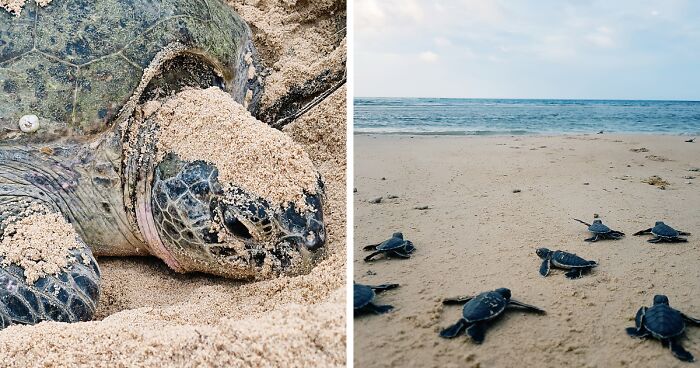
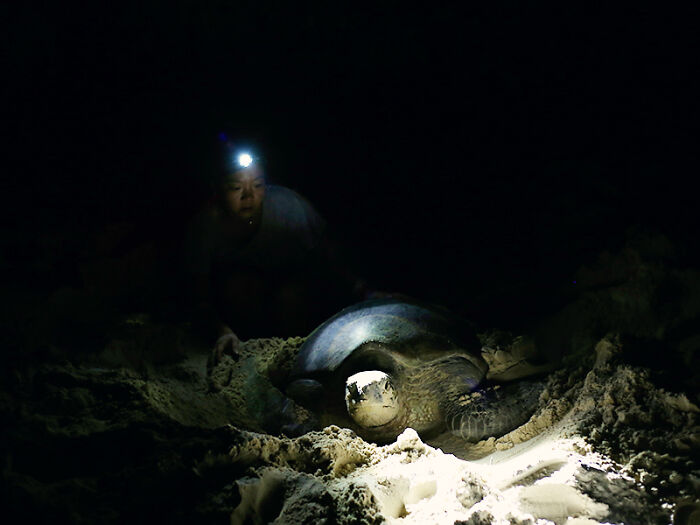
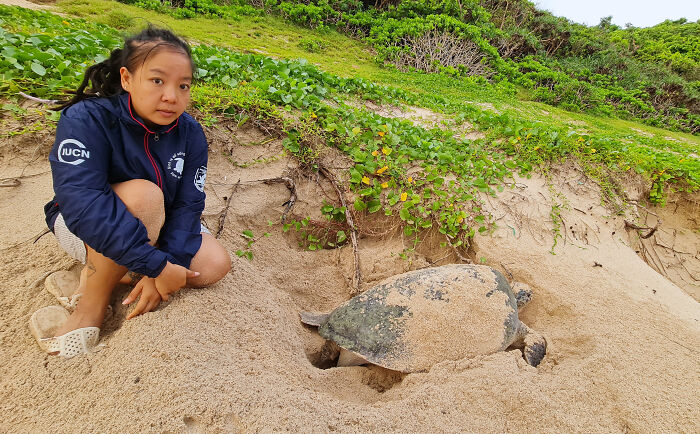
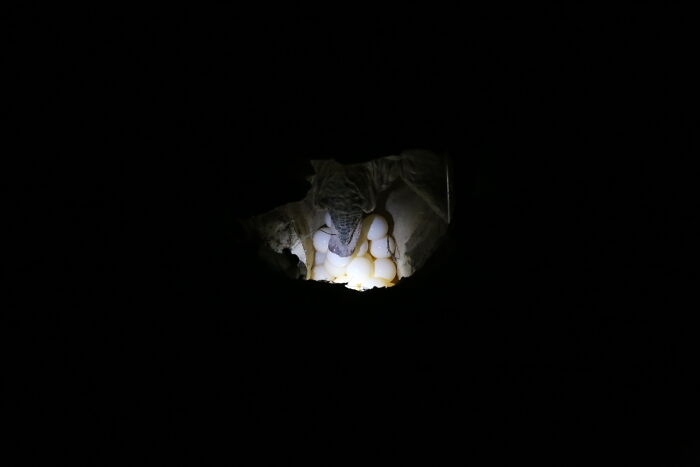
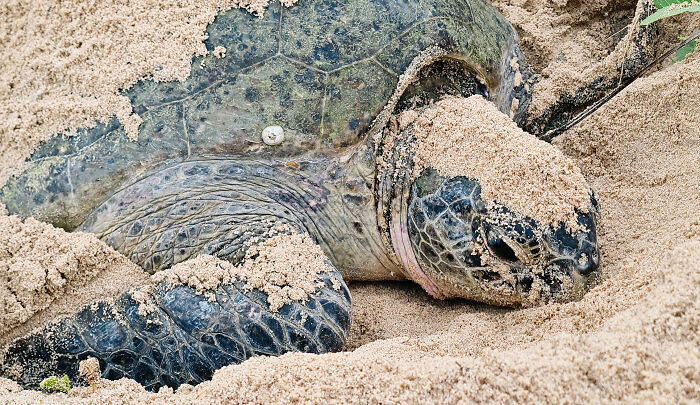
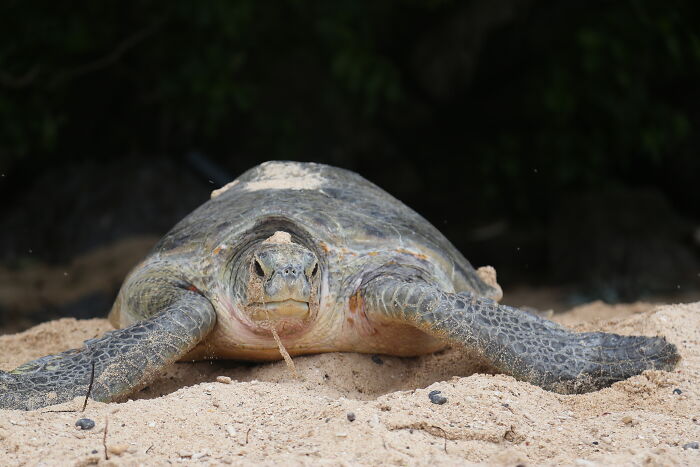
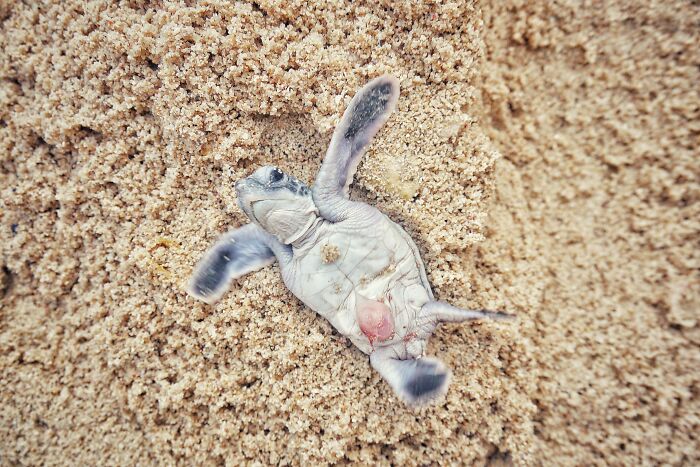
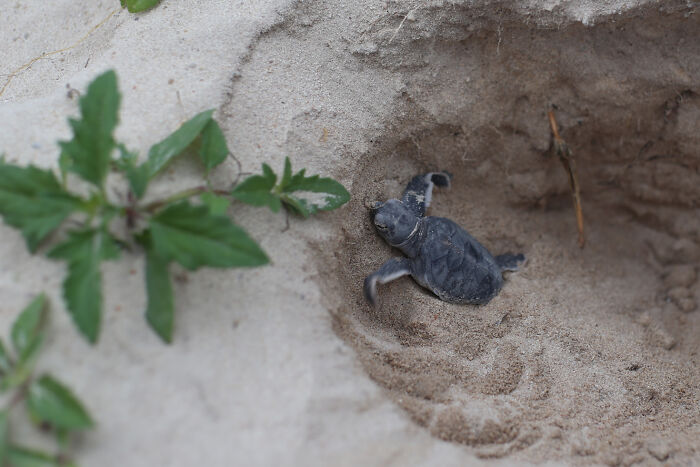
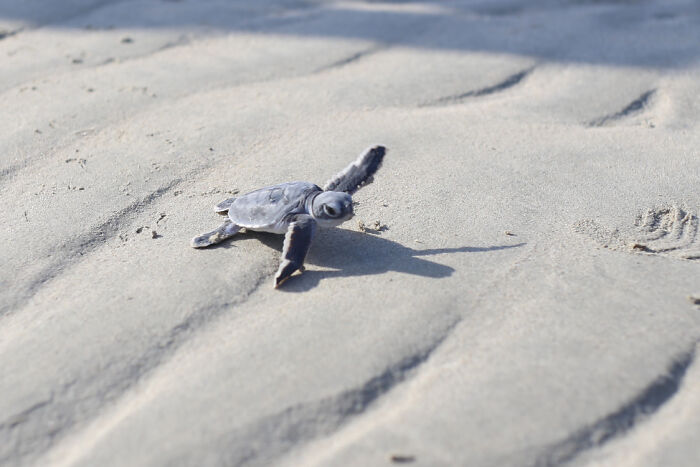
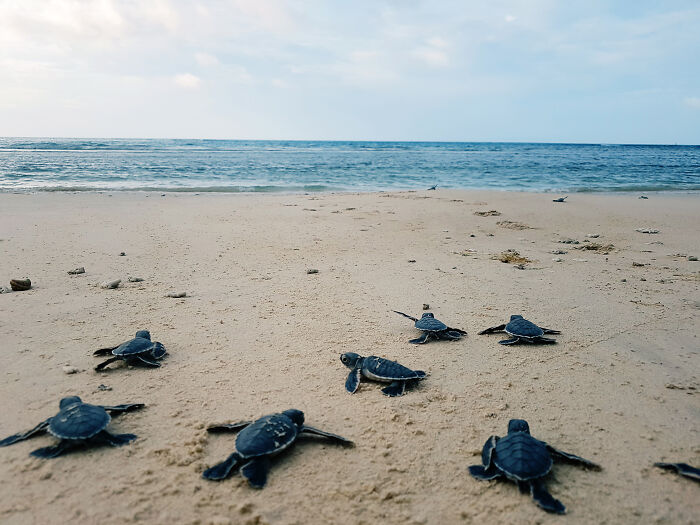
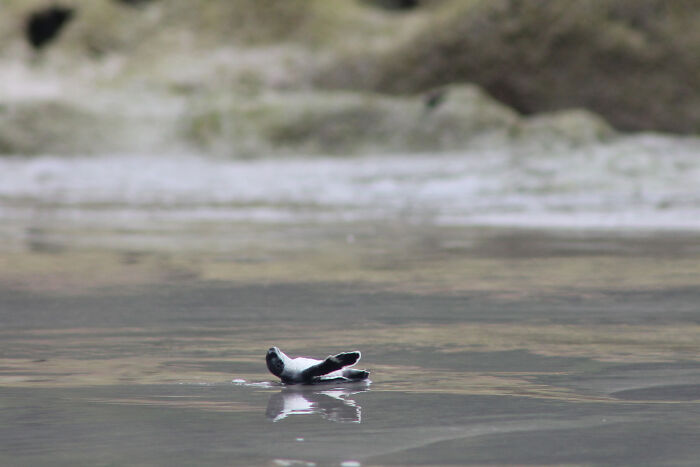
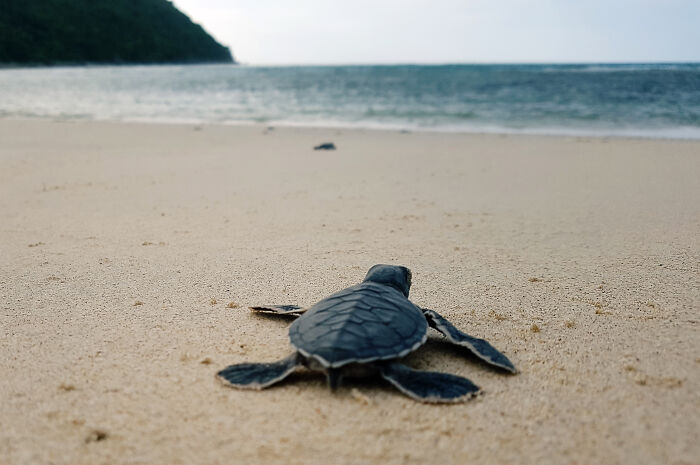
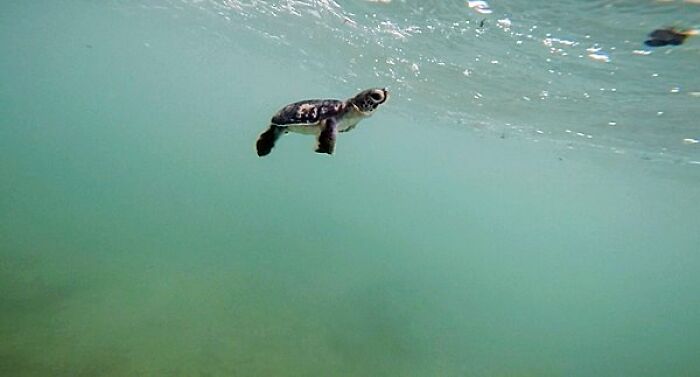
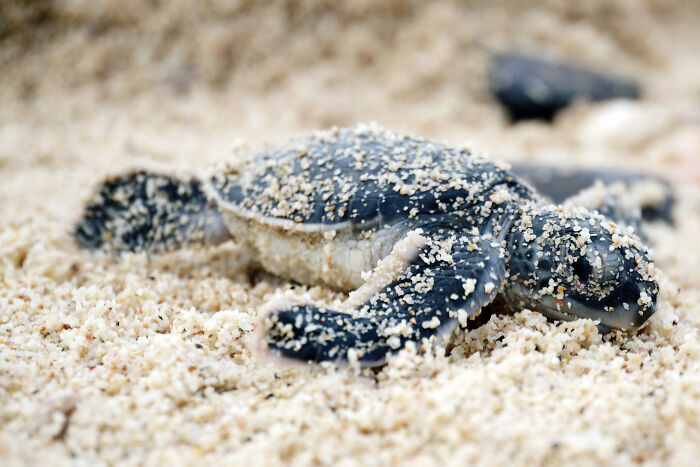
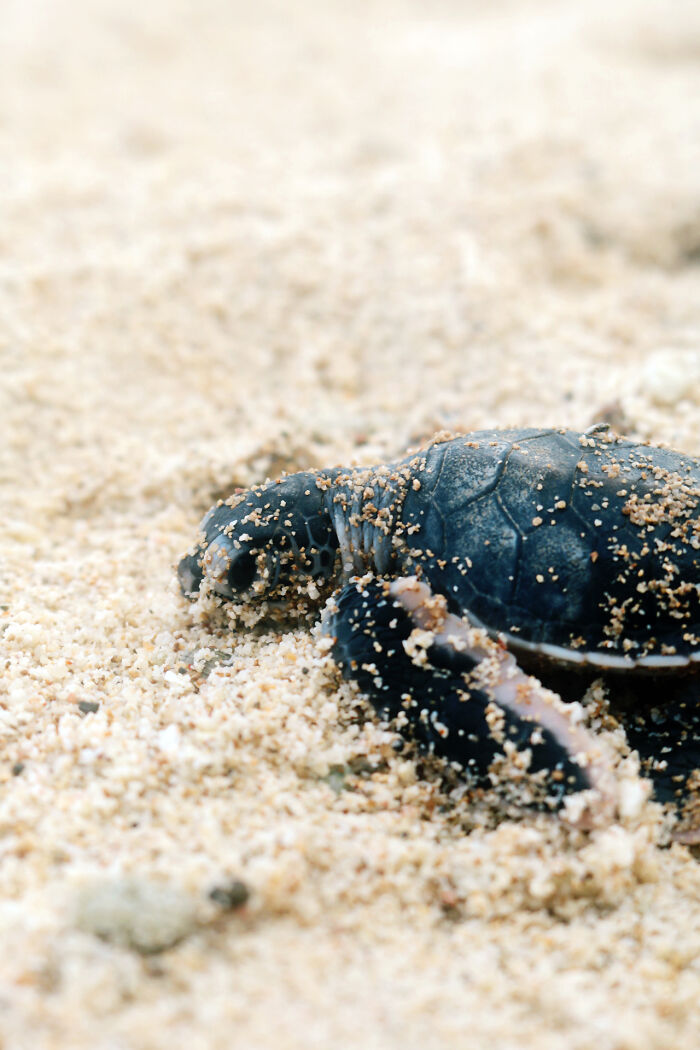











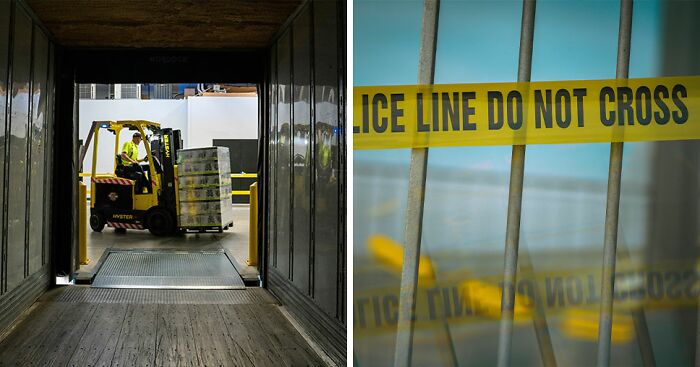
































26
2